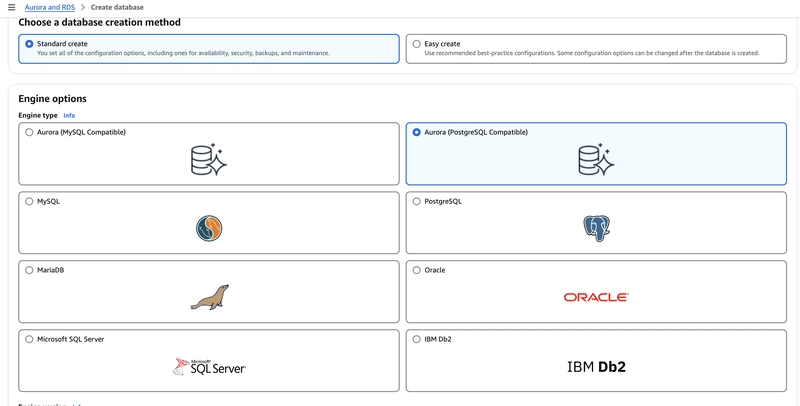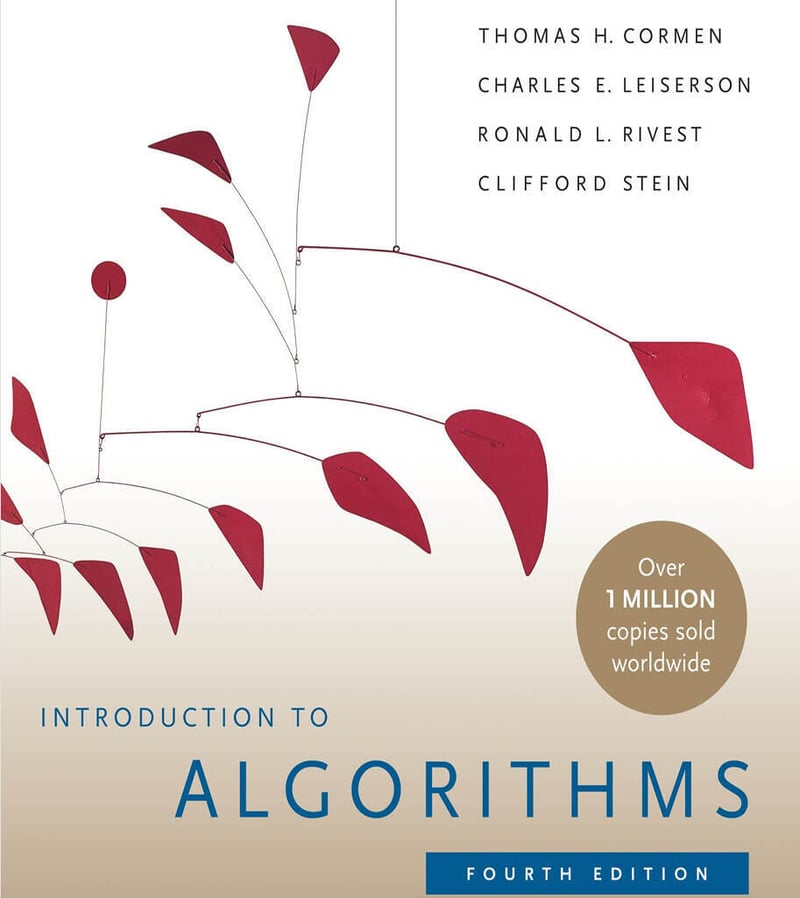Essential Insights on GitHub Copilot for Developers
GitHub Copilot is an AI-powered coding assistant designed to enhance developer productivity by providing real-time code suggestions, generating boilerplate code, and much more. Here’s everything you need to know to make the most out of GitHub Copilot. Key Features of GitHub Copilot Code Suggestions Boilerplate Code Generation Learning and Exploration Error Reduction Improved Productivity Debugging Unit Test Generation Multi-Language Support 1. Code Suggestions GitHub Copilot provides real-time suggestions as you write code, significantly improving speed and efficiency. How to Use Code Suggestions: Enable GitHub Copilot and start typing. Accept a suggestion: Press Tab or Enter. Reject a suggestion: Keep typing to ignore it. View more suggestions: Press Ctrl + Space (Windows) or Cmd + Space (Mac). Use Comments to Guide Copilot // Create a function to calculate the factorial of a number Copilot will generate the function automatically. Customize Settings Go to VS Code: File > Preferences > Settings > Extensions > GitHub Copilot 2. Boilerplate Code Generation GitHub Copilot simplifies repetitive coding tasks by generating boilerplate code. How to Generate Boilerplate Code: Write a descriptive comment // Create an Express server with a single GET endpoint Use function or class names function createServer() { Leverage file context Naming files like server.js or app.py helps Copilot infer the appropriate boilerplate code. Use framework-specific keywords React: function App() {} Node.js: const express = require('express'); Example: React Component import React from 'react'; const MyComponent = () => { return ( Hello, World! ); }; export default MyComponent; Example: Express Server const express = require('express'); const app = express(); app.get('/', (req, res) => { res.send('Hello, World!'); }); app.listen(3000, () => { console.log('Server is running on port 3000'); }); 3. Learning and Exploration GitHub Copilot aids developers in exploring new technologies and best practices. Learning Methods: Learn by Example // Create a REST API endpoint using Express Copilot suggests relevant code snippets. Understand Best Practices Suggests secure coding practices, such as using bcrypt for password hashing. Discover New Libraries Suggests useful libraries based on context, such as date-fns for date operations. Experiment with Code Modify generated code snippets to understand their behavior. 4. Error Reduction GitHub Copilot minimizes coding errors by providing accurate suggestions. How It Reduces Errors: Accurate Syntax Suggestions for (let i = 0; i { if (err) { console.error(err); return; } console.log(data); }); Error-Handling Suggestions try { const data = await fetchData(); } catch (error) { console.error('Error fetching data:', error); } Avoiding Common Mistakes Prevents errors like missing await in async functions. 5. Unit Test Generation GitHub Copilot assists in writing unit tests efficiently. Steps to Generate Unit Tests: Write a Comment Describing the Test // Write a unit test for the add function Use a Testing Framework Ensure Jest, Mocha, or Pytest is installed. Generate Tests for a Function function add(a, b) { return a + b; } test('adds two numbers', () => { expect(add(2, 3)).toBe(5); }); Test Edge Cases test('returns NaN when inputs are not numbers', () => { expect(add('a', 3)).toBeNaN(); }); Mocking and Stubbing const fetchData = jest.fn(() => Promise.resolve({ data: 'mocked data' })); test('fetches data successfully', async () => { const data = await fetchData(); expect(data).toEqual({ data: 'mocked data' }); }); Parameterized Tests test.each([ [1, 2, 3], [0, 0, 0], [-1, -1, -2], ])('adds %i and %i to get %i', (a, b, expected) => { expect(add(a, b)).toBe(expected); }); Generate Tests for Classes class Calculator { add(a, b) { return a + b; } } test('adds two numbers using Calculator class', () => { const calc = new Calculator(); expect(calc.add(2, 3)).toBe(5); }); Conclusion GitHub Copilot is a powerful tool that enhances productivity, reduces errors, and simplifies coding tasks. By leveraging its features effectively, developers can streamline their workflow and focus on building high-quality software.

GitHub Copilot is an AI-powered coding assistant designed to enhance developer productivity by providing real-time code suggestions, generating boilerplate code, and much more. Here’s everything you need to know to make the most out of GitHub Copilot.
Key Features of GitHub Copilot
- Code Suggestions
- Boilerplate Code Generation
- Learning and Exploration
- Error Reduction
- Improved Productivity
- Debugging
- Unit Test Generation
- Multi-Language Support
1. Code Suggestions
GitHub Copilot provides real-time suggestions as you write code, significantly improving speed and efficiency.
How to Use Code Suggestions:
Enable GitHub Copilot and start typing.
- Accept a suggestion: Press
TaborEnter. - Reject a suggestion: Keep typing to ignore it.
- View more suggestions: Press
Ctrl + Space(Windows) orCmd + Space(Mac).
Use Comments to Guide Copilot
// Create a function to calculate the factorial of a number
Copilot will generate the function automatically.
Customize Settings
-
Go to VS Code:
File > Preferences > Settings > Extensions > GitHub Copilot
2. Boilerplate Code Generation
GitHub Copilot simplifies repetitive coding tasks by generating boilerplate code.
How to Generate Boilerplate Code:
Write a descriptive comment
// Create an Express server with a single GET endpoint
Use function or class names
function createServer() {
Leverage file context
- Naming files like
server.jsorapp.pyhelps Copilot infer the appropriate boilerplate code. Use framework-specific keywords -
React:
function App() {} -
Node.js:
const express = require('express');
Example: React Component
import React from 'react';
const MyComponent = () => {
return (
<div>
<h1>Hello, World!</h1>
</div>
);
};
export default MyComponent;
Example: Express Server
const express = require('express');
const app = express();
app.get('/', (req, res) => {
res.send('Hello, World!');
});
app.listen(3000, () => {
console.log('Server is running on port 3000');
});
3. Learning and Exploration
GitHub Copilot aids developers in exploring new technologies and best practices.
Learning Methods:
Learn by Example
// Create a REST API endpoint using Express
Copilot suggests relevant code snippets.
Understand Best Practices
- Suggests secure coding practices, such as using bcrypt for password hashing.
Discover New Libraries
- Suggests useful libraries based on context, such as
date-fnsfor date operations.
Experiment with Code
- Modify generated code snippets to understand their behavior.
4. Error Reduction
GitHub Copilot minimizes coding errors by providing accurate suggestions.
How It Reduces Errors:
Accurate Syntax Suggestions
for (let i = 0; i < array.length; i++) {
// Correct loop structure
}
Autocomplete for APIs and Libraries
const fs = require('fs');
fs.readFile('file.txt', 'utf8', (err, data) => {
if (err) {
console.error(err);
return;
}
console.log(data);
});
Error-Handling Suggestions
try {
const data = await fetchData();
} catch (error) {
console.error('Error fetching data:', error);
}
Avoiding Common Mistakes
- Prevents errors like missing
awaitin async functions.
5. Unit Test Generation
GitHub Copilot assists in writing unit tests efficiently.
Steps to Generate Unit Tests:
Write a Comment Describing the Test
// Write a unit test for the add function
Use a Testing Framework
- Ensure Jest, Mocha, or Pytest is installed.
Generate Tests for a Function
function add(a, b) {
return a + b;
}
test('adds two numbers', () => {
expect(add(2, 3)).toBe(5);
});
Test Edge Cases
test('returns NaN when inputs are not numbers', () => {
expect(add('a', 3)).toBeNaN();
});
Mocking and Stubbing
const fetchData = jest.fn(() => Promise.resolve({ data: 'mocked data' }));
test('fetches data successfully', async () => {
const data = await fetchData();
expect(data).toEqual({ data: 'mocked data' });
});
Parameterized Tests
test.each([
[1, 2, 3],
[0, 0, 0],
[-1, -1, -2],
])('adds %i and %i to get %i', (a, b, expected) => {
expect(add(a, b)).toBe(expected);
});
Generate Tests for Classes
class Calculator {
add(a, b) {
return a + b;
}
}
test('adds two numbers using Calculator class', () => {
const calc = new Calculator();
expect(calc.add(2, 3)).toBe(5);
});
Conclusion
GitHub Copilot is a powerful tool that enhances productivity, reduces errors, and simplifies coding tasks. By leveraging its features effectively, developers can streamline their workflow and focus on building high-quality software.









































































































































































![[The AI Show Episode 142]: ChatGPT’s New Image Generator, Studio Ghibli Craze and Backlash, Gemini 2.5, OpenAI Academy, 4o Updates, Vibe Marketing & xAI Acquires X](https://www.marketingaiinstitute.com/hubfs/ep%20142%20cover.png)



























































































































![[FREE EBOOKS] The Kubernetes Bible, The Ultimate Linux Shell Scripting Guide & Four More Best Selling Titles](https://www.javacodegeeks.com/wp-content/uploads/2012/12/jcg-logo.jpg)



![From drop-out to software architect with Jason Lengstorf [Podcast #167]](https://cdn.hashnode.com/res/hashnode/image/upload/v1743796461357/f3d19cd7-e6f5-4d7c-8bfc-eb974bc8da68.png?#)






































































































.png?#)




.jpg?#)
































_Christophe_Coat_Alamy.jpg?#)








































































































![Rapidus in Talks With Apple as It Accelerates Toward 2nm Chip Production [Report]](https://www.iclarified.com/images/news/96937/96937/96937-640.jpg)








































































































































